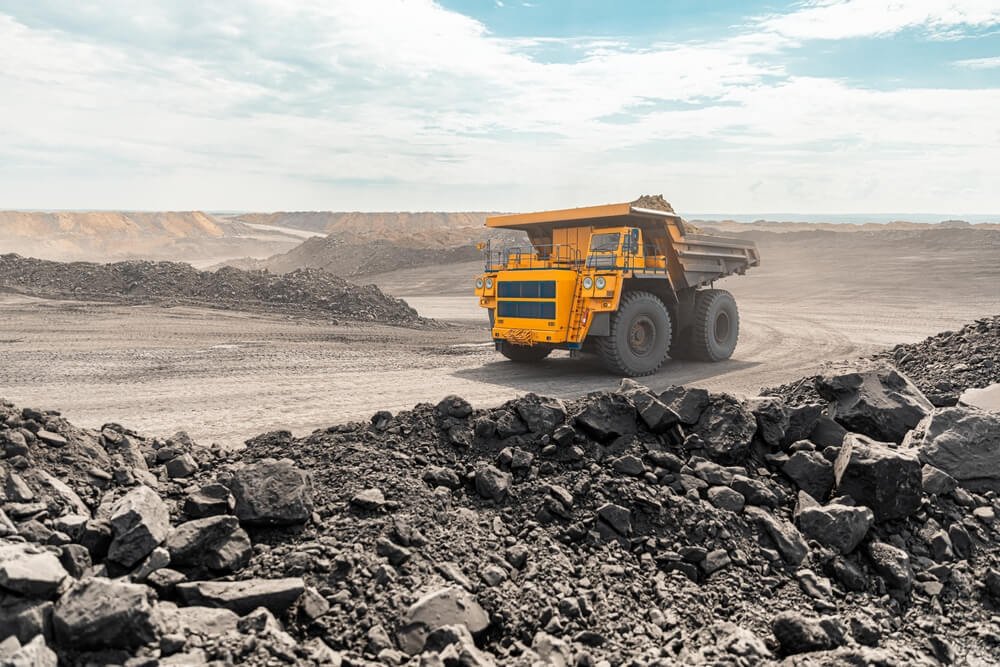Russia Discusses Support for Rusal Amid Global Sanctions and Trade Adjustments

Russian authorities are actively considering measures to support Rusal, the nation's leading aluminium producer, amid sweeping sanctions and global market shifts, according to Deputy Industry and Trade Minister Viktor Yevtukhov. Speaking at the "Innoprom. Central Asia" exhibition, Yevtukhov highlighted the minimal impact of the recent US and UK sanctions on Russia's aluminum exports, noting that the quantities previously sold to these countries were relatively small.
Rusal is seeking the elimination of export duties and governmental purchases of some of its products in reserve to mitigate the adverse effects of the international trade barriers. This comes in response to significant challenges, including a 40% drop in exchange prices from their 2022 peak. Russian ministries are currently evaluating the feasibility of these support measures, with discussions ongoing within government subcommittees regarding the adjustment of export duties linked to the ruble exchange rate, which currently range from 4 to 7%.
Despite the sanctions, which have notably intensified with the US and UK expanding their restrictive measures to include a prohibition on trading certain Russian metals on platforms like the London Metal Exchange (LME) and the Chicago Mercantile Exchange (CME), Rusal maintains that these will not significantly disrupt its operations. The company asserts that the sanctions do not impact its global logistics, banking interactions, or production capabilities.
At the global level, Russia holds significant positions in the production of nickel, aluminum, and copper, with Rusal being a pivotal player in the aluminium sector both domestically and internationally. In 2023, Rusal reported a 6.6% increase in aluminium and alloys sales, totaling 4.153 million tonnes, and a slight increase in production.
The broader implications of the sanctions are substantial, with potential risks to approximately a third of Rusal's export shipments, equating to about 1.5 million tonnes. This situation could potentially drive production and export levels down to figures last seen during the 2008 financial crisis, especially as some global aluminium refiners might cease using Russian metal to avoid risks associated with the sanctions.





